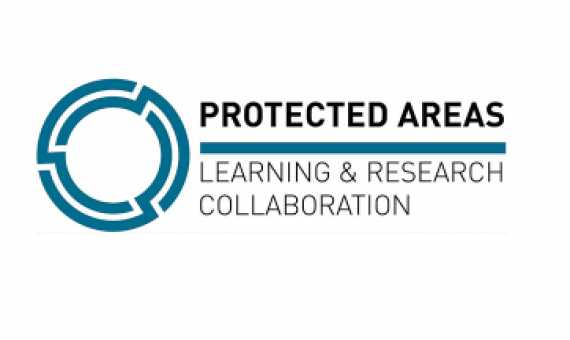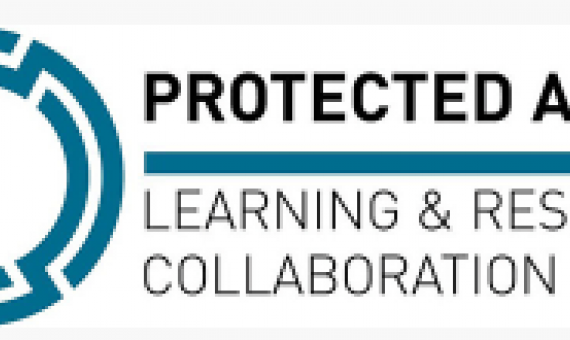The Protected Areas Collaboration for Learning & Research (PAC) - previously the Protected Areas Learning & Research Collaboration (PALRC) - is delighted to announce a new joint venture agreement is shortly to be finalised with prospective partners, Tasmanian Land Conservancy, and the Blu
The course will help you better understand the linkages between gender and the environment. It will provide you with the knowledge and tools to mainstream gender, and to be an effective change-maker for sustainable development.
Future Pacific Ocean managers: Scoping skills and knowledge needs
Formal education at the regional University of the South Pacific (USP) needs to continue to evolve in order to prepare students from Pacific Island countries (PICs) to meet future challenges as ocean managers. In this article we report on the findings of a scoping survey done with 30 USP students. The survey found high levels of satisfaction among undergraduates admitted directly from high school, but among students who had prior work experience there was less satisfaction.
Towards a framework for higher education for marine spatial planning
The implementation of marine spatial planning (MSP) is bringing together a new body of practitioners who are largely drawn from related professions but have relatively little specific education, training or qualifications in MSP. This is partly due to the newness of the field and the limited opportunities available for personal development. Educational capacity is developing, though MSP content is mostly being added on to existing marinerelated programmes.
Protected Area Short Courses in Australia, Asia and the Pacific: training issues, needs and recommendations
This report is the outcome of a review commissioned by the Protected Areas Learning and Research Collaboration (PALRC) in 2018, with the following aims:
• Review the range of current models for short courses that meet protected area agency, Indigenous Protected Area (IPA) and non-government organisation land managers’ needs
• Assess the potential for PALRC partners to adapt and/or develop new short courses that meet these needs
In March 2019 PALRC launched a report on Protected Area Short Courses in Australia, Asia and the Pacific: training issues, needs and recommendations prepared by Rosalie Chapple. The Review documents the case for new short courses that can build the skills and knowledg
Protected areas (PAs) can generate many benefits inside and outside their borders, and achieving objectives for diverse stakeholders raises many challenges.
These Protected Area learning modules were developed by the Secretariat of the Convention on Biological Diversity in collaboration with the United Nations Development Programme (UNDP), International Union for Conservation of Nature - World Commission on Protected Areas (IUCN-WCPA), and The Nature










